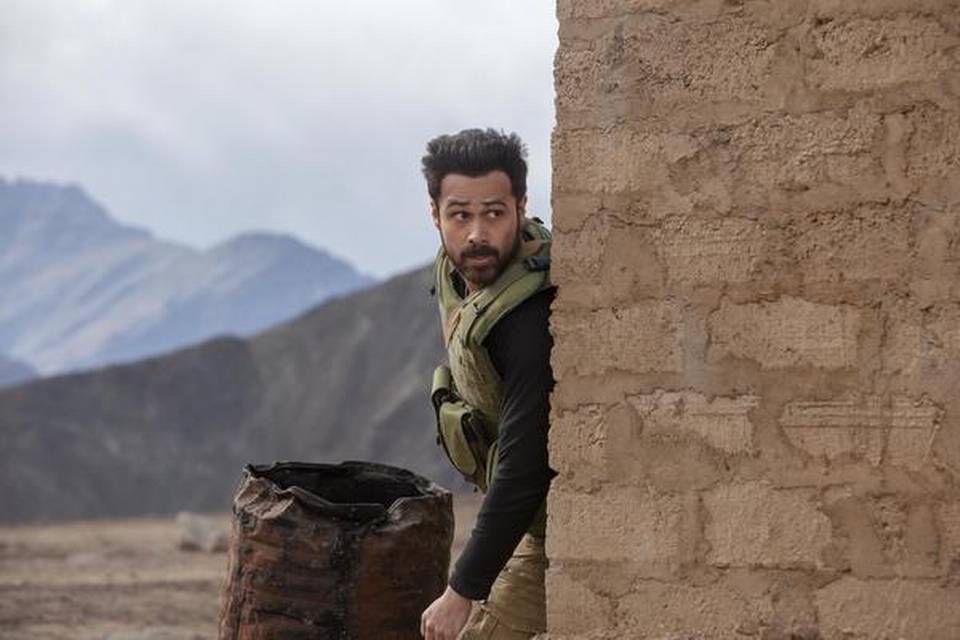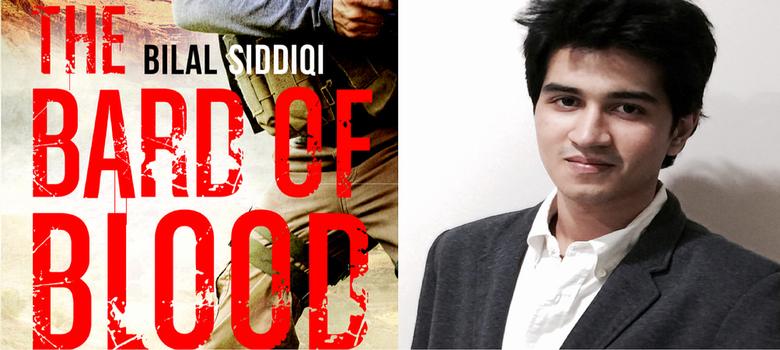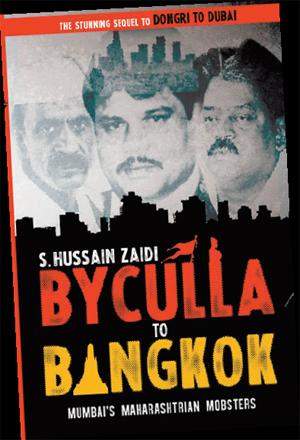Mumbai, MAHARASHTRA :
Ahead of its release this Friday, Bard of Blood writers Bilal Siddiqi and Mayank Tewari discuss the challenges involved in adapting a book into a seven-episode TV format
In 2015, at the book launch of The Bard of Blood, author Bilal Siddiqi and novelist, Hussain Zaidi, made jokes on Emraan Hashmi as to how he is the right candidate to essay RAW agent Kabir Anand, without considering the eventuality that would transpire four years later. Bilal agrees that he did not put an image to the character while writing, and that the casting of Emraan Hashmi happened organically. “When you have a star like Emraan on board, it will obviously elevate the viewership of the show. He embodied the character and brought in lots of nuances to Kabir Anand,” says Bilal Siddiqi, who has written the screenplay of Bard of Blood along with writer Mayank Tewari, known for writing Newton and The Accidental Prime Minister.
Inside the writer’s world
The biggest selling point of The Bard of Blood was Bilal’s age (he was 20) — too young to be dealing with guns, agents and weapons of mass destruction (read: third world politics). But his fascination for the espionage genre stems from his mentor Hussain Zaidi, with whom he assisted in books like Byculla to Bangkok, Mumbai Avengers and My Name Is Abu Salem. Bilal wrote a brief outline of Kabir Singh, the protagonist of The Bard of Blood, and says he never had the intention to make it into a novel. “He [Zaidi] liked whatever I had written and sent it to my publisher. They called me one day, asking to finish the book so that they can take a call. I somehow managed to fulfil my dream of writing,” he says.
He was “subconsciously influenced” by Zaidi, who had one advice for him: ‘Make it visceral and graphic’. That he did when he sat with Mayank Tewari in the writer’s room, having discussions back and forth on how to better the book. “Bilal was very proactive in saying, ‘let us use this material as a springboard to take it to the next level’. Since it was written five years back, we had to spend more time on the screenplay to make it relevant and real,” says Mayank Tewari, adding that the duo has taken the “best chunk from the book”.
Unlike The Accidental Prime Minister, which was non-fiction, the challenge for Mayank was to construct scenes that drives the characters throughout the season, in a satisfying way for the audience. “The one good advantage is that, all characters were sharply etched out. There were some really good lines in the book, which we have retained,” he adds. Mayank did have heated exchanges with Bilal on how to interpret Balochistan. He quips, “But that’s what makes the collaboration rewarding, right? Disagreements lead to fruitful agreements. And everything was in the spirit of making a good show.”
Writing a novel has its own perks. For instance, Bilal had the luxury to use The Bard of Blood as a device to get into the character’s psyche, exploring his inner voice and go overboard with the descriptions — a counter to the film format, where you need to show these things on screen rather than tell. He admits that they had to tone down the details, adding, “Screenplay is like a manual for filmmakers to shoot. So, it is a different ball game and Mayank has given some valuable inputs.”
Bilal acknowledges the timely suggestions of Shah Rukh Khan, who has produced it along with Netflix. In fact, Jannat Mari, the character played by Kirti Kulhari, is Shah Rukh Khan’s brainchild and was not there in the book. “He [SRK] saw the pitch before it went to Netflix. The series has several characters that were not part of the book. In that sense, you can say that Bard of Blood is the best version of my book.”
(The writer was in Mandawa at the invitation of Netflix)
source: http://www.thehindu.com / The Hindu / Home> Entertainment> Movies / by Srivatsan S / September 24th, 2019











